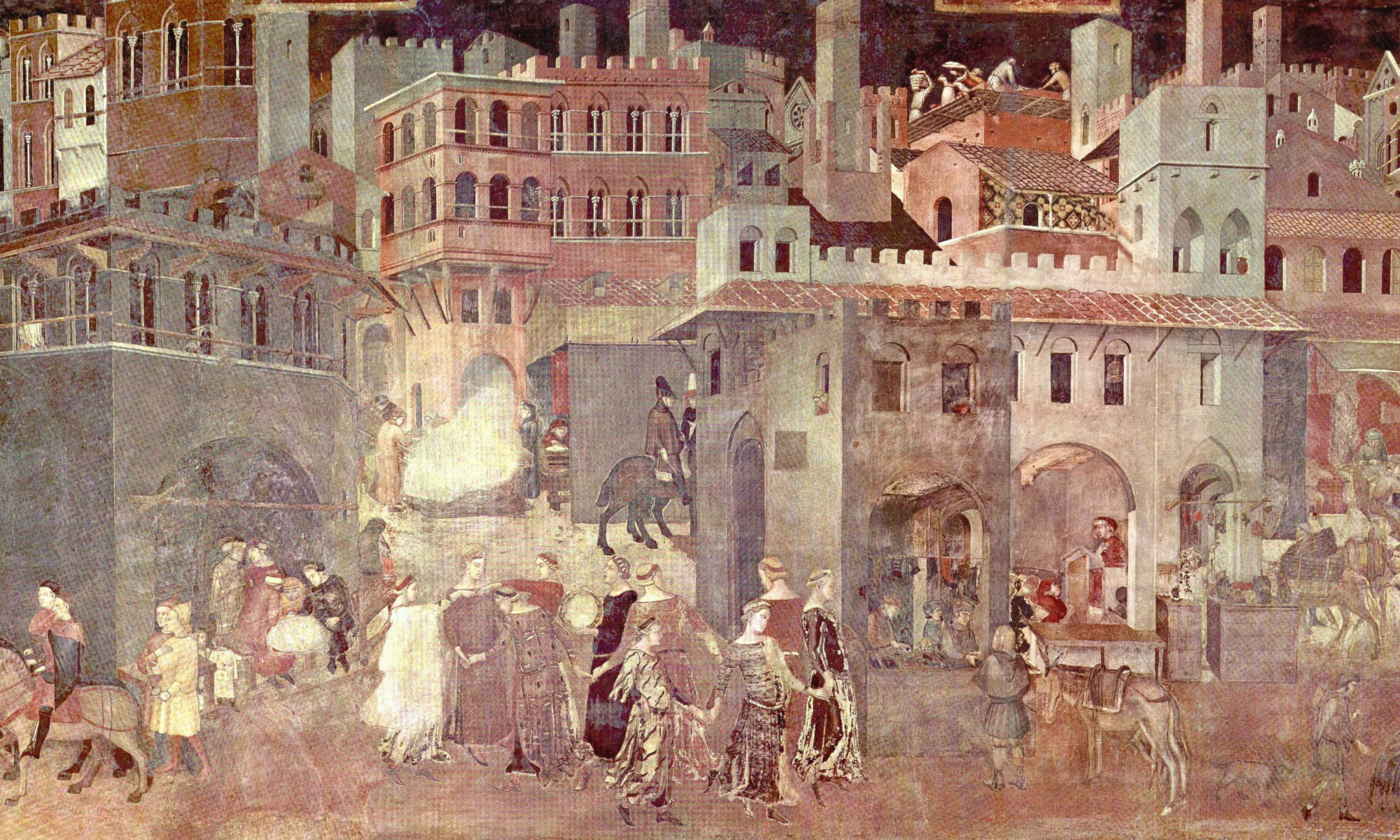
(Updated Spetember 2017)
This module will introduce students to key debates in modern social and political thought. It will give students a deeper understanding of our intellectual and socio-political history as well as a more profound perspective on the still active debates stemming from the positions taken by these philosophers. In the process, we will come to see modernity in terms of a specific set of problems rather than one particular answer to them. We will focus on seminal texts by authors such as Thomas Hobbes, Jean-Jacques Rousseau, and Immanuel Kant whose contributions have radically transformed our understanding of social and political life. We will explore the roots of modern notions like the state and society and scrutinise the nature of freedom, power, and democracy. Finally, we will consider whether these authors accounts of social pathologies can still be a guide for critiques of contemporary society.
Learning Outcomes:
The aims of the module are:
* to introduce students to selected texts of some of the leading philosophers of the early modern and modern period;
* to introduce students to core issues in metaphysics, moral, social and political philosophy through the study of these texts;
* to give students some impression of how the texts and authors selected contributed to the theoretical framework underlying developments in philosophy, political theory, legal thought, and moral psychology.
By the end of the module, students should be able in their essay and examination work to:
* summarise and expound in their own words theories and arguments from early modern and modern philosophy;
* expound and criticise commentaries on the traditional authors and texts;
* expound and criticise some of the theories proposed by philosophers to cope with problems raised by selected authors.
By the end of the module, students should also have acquired a set of transferable skills, and in particular be able to:
* define the task in which they are engaged and exclude what is irrelevant;
* seek and organize the most relevant discussions and sources of information;
* process a large volume of diverse and sometimes conflicting arguments;
* compare and evaluate different arguments and assess the limitations of their own position or procedure;
* write and present verbally a succinct and precise account of positions, arguments, and their presuppositions and implications;
* be sensitive to the positions of others and communicate their own views in ways that are accessible to them;
* think 'laterally' and creatively - see interesting connections and possibilities and present these clearly rather than as vague hunches;
* maintain intellectual flexibility and revise their own position if shown wrong;
* think critically and constructively.
- Module Supervisor: Joerg Schaub